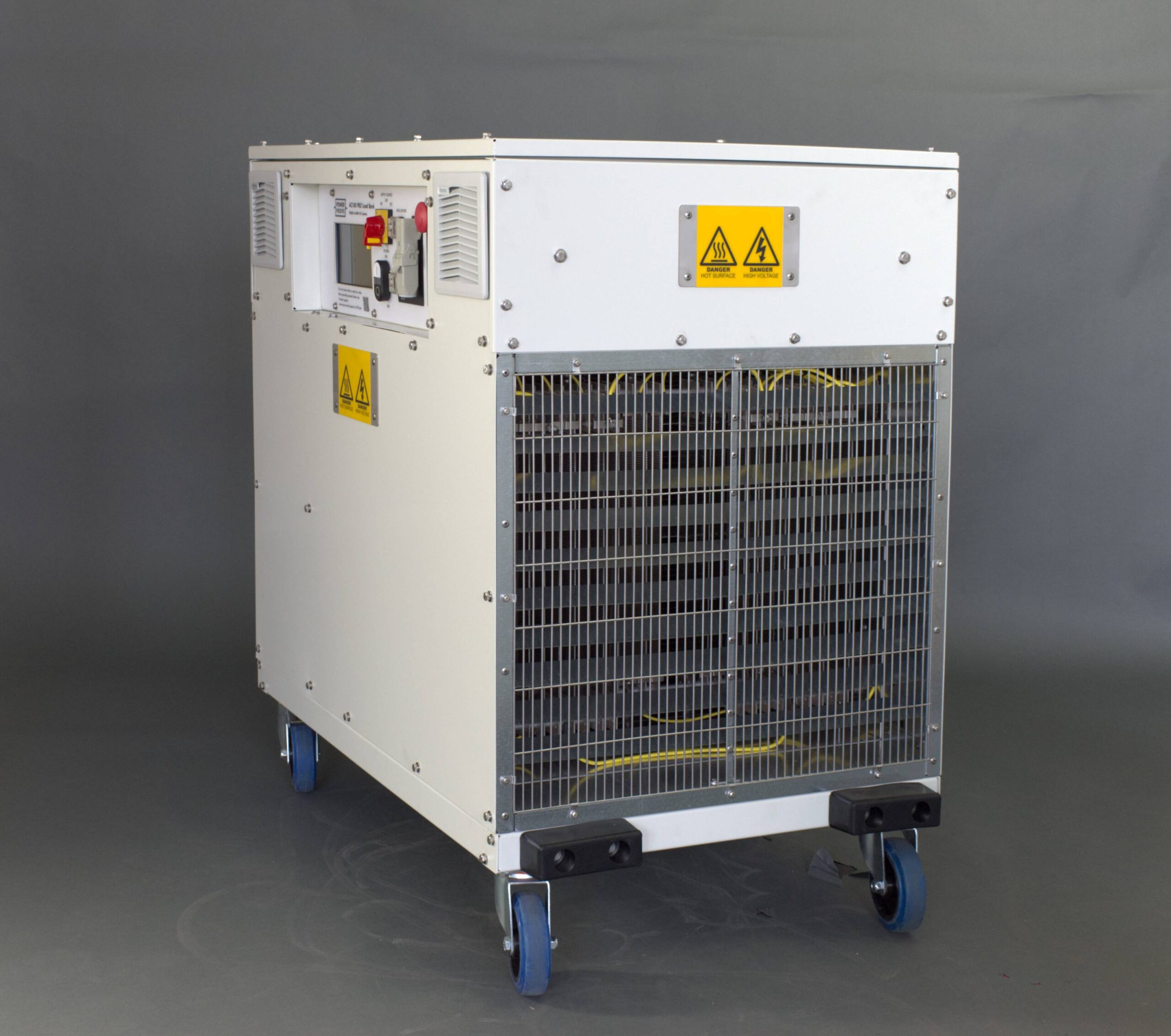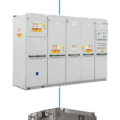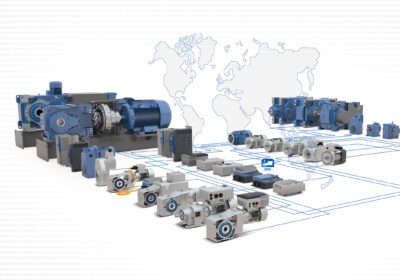~ The role of load bank testing in ensuring reliable backup power systems ~
According to 2022 data from Siemens, an average large plant loses 25 months to unplanned downtime. In industries where continuous processing is critical — such as chemical manufacturing, oil and gas and pharmaceuticals — downtime is more than an inconvenience; it’s a costly disruption that impacts productivity and profitability. Here, Andrew Keith, division director at load bank manufacturer Power Prove, explores the role of load bank testing in backup power systems to prevent unplanned downtime.
‘Unplanned downtime’ refers to unexpected stoppages or operational interruptions caused by equipment failure, power outages or system malfunctions. In industries where continuous operation is essential, downtime disrupts production, delays supply chains and creates safety risks.
For example, the oil and gas industry operates continually to meet global energy demands. Unplanned downtime in this sector doesn’t just halt extraction or refining processes but disrupts the entire supply chain. Since energy production supports many industries, disruptions can affect everything from manufacturing and transportation to utilities and healthcare, amplifying the impact of even a brief operational stoppage.
Operational interruptions in chemical and pharmaceutical manufacturing have similarly amplified impacts by creating safety risks. Chemical manufacturing relies on exact, uninterrupted chemical processes to maintain precise reactions. A shutdown in production can cause reactions to go off-course, leading to potentially hazardous situations, unsafe working conditions or a reduction in product quality. In pharmaceuticals, downtime can delay critical drug production, delay treatments or affect patient care.
The financial and operational consequences are also significant. It is estimated that just three and a half days of unplanned downtime in the oil and gas sector can result in losses exceeding £4.1 million ($5M USD). Furthermore, in the general manufacturing industry, including chemical and pharmaceutical production, downtime can cost over £200,000 ($260,000) per hour.
Preventing downtime
To mitigate these risks, businesses invest in backup power systems, such as generators and uninterruptible power supplies (UPS). These systems are critical for industries where downtime is not an option, working to maintain operations and prevent disruptions during power outages or equipment failures.
Generators typically provide long-term power during extended outages, while uninterrupted power supply (UPS) units offer immediate, short-term power to bridge the gap until generators activate.
However, these systems are only effective if they are in optimal condition. Neglected back up power systems may fail to deliver power during an emergency, causing costly downtime. Issues such as faulty wiring, degraded batteries or insufficient capacity often go unnoticed without regular maintenance, and this is where load bank testing is essential.

Enhancing reliability with load bank testing
Load bank testing ensures backup power systems work in their time of need. The process simulates real-world conditions by applying electrical loads to verify a system’s ability to handle operational demands during outages. This proactive approach identifies issues such as failing components or inadequate capacity, ensuring that generators and UPS units perform effectively.
Load bank testing is integral to a robust maintenance strategy, allowing issues to detect and resolve problems before they lead to system failure. For industries reliant on continuous operations, this minimises the risk of unplanned downtime, safeguarding productivity and revenue.
Load banks can be further customised to offer additional benefits, such as remote monitoring capabilities to allow real-time system performance tracking. This feature helps maintenance teams promptly address emerging issues, reducing the likelihood of unexpected failures and ensuring seamless operations.

Power Prove provides versatile load bank solutions tailored to a variety of industries. Portable load banks enable on-site, flexible testing, while containerised systems cater to large-scale operations. These load banks can simulate resistive and reactive loads, offering comprehensive testing for generators and UPS units.
Unplanned downtime doesn’t just interrupt operations — it affects safety, revenue and long-term competitiveness. By integrating load bank testing into maintenance routines, vulnerabilities in backup power systems can be addressed before they escalate, causing disruption. This proactive approach ensures reliability during outages and helps industries maintain seamless operations.
For more information on how Power Prove can support your business with tailored load bank solutions, contact a member of our expert team today.








